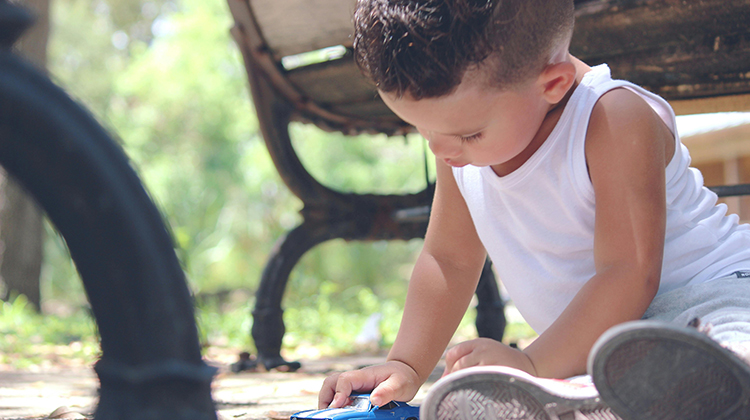What is the Role of Schools in the Age of AI?

As we see artificial intelligence tech progress we must urgently ask: what is the role of schools in a world increasingly shaped by AI?
Across Australia, the mental health of our children is in crisis. The most recent data from the Australian Bureau of Statistics (2023) shows that one in seven children aged 4-17 has experienced a mental health disorder in the past year. Anxiety and depression are rising. And heartbreakingly, these struggles are showing up in children as young as four.
At the same time, our education system is still driven by a 20th-century model, built to prepare compliant factory workers, not emotionally intelligent, agile problem-solvers. Children today are facing vastly different challenges, and yet the model we ask them to learn within remains largely unchanged.
The rapid development of AI has made one thing crystal clear: the value of purely academic skills is no longer enough. Machines can store information, follow instructions, and perform calculations faster than any human. But what they can’t do, at least not yet, is think creatively, work collaboratively, connect empathetically, or adapt intuitively to complex and changing contexts.
This is where our schools must evolve.
At Kwoorabup Nature School, a small progressive school in Western Australia, we’re proud to be leading that change. We believe that education must shift its focus from knowledge acquisition to human development, and that begins with play.
The Power of Play in an AI World
Far from being a break from learning, play is where the deepest learning happens. In early childhood especially, unstructured, imaginative play strengthens executive function, emotional regulation, social understanding, and problem-solving, precisely the skills humans need in an AI-driven world.
Harvard’s Center on the Developing Child confirms that play is essential to healthy brain development. A 2023 study also found that children who engage in regular unstructured play are significantly less likely to experience anxiety and more likely to demonstrate resilience and complex thinking.
At Kwoorabup, we embed a balance of play and academic skills - including digital literacy - across each week all the way through our primary school. Our inquiry-based approach gives students the opportunity to follow their curiosity, explore real-world questions, and build agency in their learning. We embed curriculum in meaningful, authentic experiences that make learning relevant and engaging. When teachers have to remind students to stop writing so they can go eat lunch, we know we’ve created the kind of environment where our learning is alive.
A Global Case for Change
We are not alone in this thinking. Countries like Finland, consistently among the highest performing education systems in the world, delay formal academic instruction until age seven, prioritising play and social learning in the early years. Closer to home, the Australian Early Development Census (2021) confirms that play-based learning supports both academic readiness and overall wellbeing.
And yet here in Australia, we’re doing the opposite: introducing more content earlier, relying more heavily on digital programs and screen-based learning, and crowding out the very things that help children grow into thriving, capable humans.
Preparing for a Human Future
If 50% of the jobs our children will hold in the future don’t yet exist (World Economic Forum, 2020), we must prioritise human skills over memorised content. Resilience. Creativity. Empathy. Adaptability. These aren’t “soft skills”, they are survival skills for the future.
We are blessed in Western Australia with access to extraordinary natural environments. These spaces aren’t just beautiful, they are vital to helping children build a relationship with the world they will inherit. If we want them to advocate for the environment, they must first fall in love with it. And that happens not through screens, but through sensory experience, movement, discovery, and play.
It’s Time to Reimagine
Play is not an “extra” we add in when the real learning is done. It is the real learning. And the sooner we recognise this , in policy, practice, and mindset, the better prepared our children will be to face the complex future ahead.
As we observe International Day of Play, let’s move beyond token activities. Let’s commit to a serious, urgent reimagining of the role of schools in this AI age — one that places wellbeing, wonder, and the whole child at the centre.
It’s time to let kids be kids again for their learning, for their mental health, and for the future of all of us.